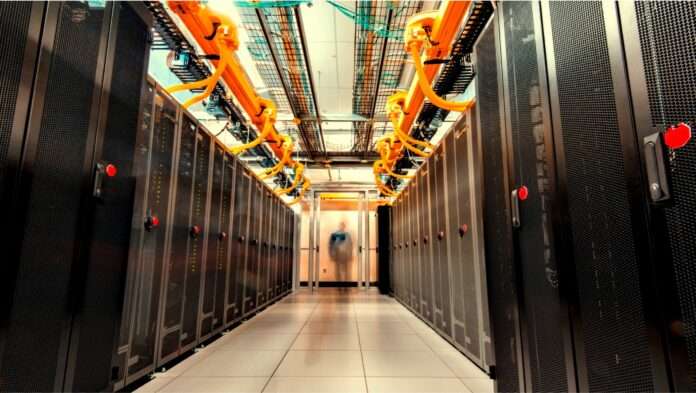Kenya will host one of the two mega data centres in Africa that will increase Internet speeds and make it harder for hackers to bring down websites.
The new data centres, which will have multiple servers with a high bandwidth to deal with spikes in traffic, will offer the continent faster access and better protection from cyberattacks.
The Internet Corporation for Assigned Names and Numbers (ICANN), the non-profit corporation that coordinates the domain name systems, announced on Monday that it will set up two Root Server (IMRS) clusters, one of which will be in Kenya.
“The clusters ensure that Internet queries from Africa can be answered within the region, and not be dependent on networks and servers in other parts of the world, thus reducing latency and improving Internet user experience in the entire region,” the organisation entrusted with stewarding the Internet’s unique identifier systems in the world said.
ICT Cabinet Secretary Joseph Mucheru said the new infrastructure is in line with the African Digital Transformation Strategy (2020-2030) and more specifically with Kenya’s Digital Economy Blueprint, which identifies infrastructure as one of the five key pillars necessary for the digital transformation of the economy.
“We, therefore, thank ICANN for their confidence in choosing Kenya one more time as one of the hosts of this important infrastructure that would serve not only Kenya, but the rest of Africa and the world,” Mr Mucheru said.
“Implementation of this initiative will be of immense importance in accelerating the digital transformation agenda in Kenya.”
The new system will boost Internet speeds and reduce the impact of cyber-attacks, especially those that work by overwhelming servers with a flood of queries.
The clusters will reduce the time it takes for a website to load, particularly when there are spikes in Internet usage.
With two separate IMRS cluster locations and higher bandwidth and data processing capacity, the risk of the Internet going down because of a cyberattack will be significantly reduced since increased capacity lessens the impact of attacks.
Currently, there are four other such ICANN data centres globally, two in North America and one each in Europe and Asia.
“ICANN announced that it will install and manage two new ICANN Managed Root Server (IMRS) clusters in Africa, one of which is confirmed to be in Kenya. This is ICANN’s first-of-its-kind investment in Africa,” the organisation said in a statement to newsrooms.
The company says it is expanding infrastructure in Africa as part of it mission to ensure that the Internet remains secure, stable and resilient across the world.
The firm operates by translating Internet queries into the numeric codes used to give unique addresses for web pages.
When you type something it identifies the search and links it to an IP address.
This is done through the Domain Name System (DNS) root server that is responsible for fundamental functions when it comes to translating domain names into IP addresses.
In other words, it helps identify a website’s IP address when someone types a domain name into their computer.
The organisation’s announcement is a major boost to Kenya’s regional standing and provides the backbone for digital transformation in the country.
It also comes at a time of heightened alert to the threat of cybercrimes and attacks from hackers.
Kenya’s highly digitised economy linked with mobile money through telcos and banks has made the country a target for cybercrime and online fraudsters, with lenders losing hundreds of millions of shillings annually.
Most local cyberattacks are phishing attempts where the criminals collect personal data and use it to siphon cash.
However, globally there has been a growth of distributed denial-of-service (DDoS) attacks where the hackers jam systems, crippling operations until a ransom is paid.
DDoS attacks happen when hackers install malware in a network then remotely control computers to disrupt the normal traffic of a targeted server by overwhelming the target or its surrounding infrastructure with a flood of Internet traffic.
The two regional servers with high bandwidth will reduce the risk of Internet being overwhelmed by hackers.





